National security at risk if $1bn for PsiQuantum the only funding
Australia’s national security could be at risk if the Albanese government invests only in Silicon Valley-based PsiQuantum and no other quantum computing technologies.
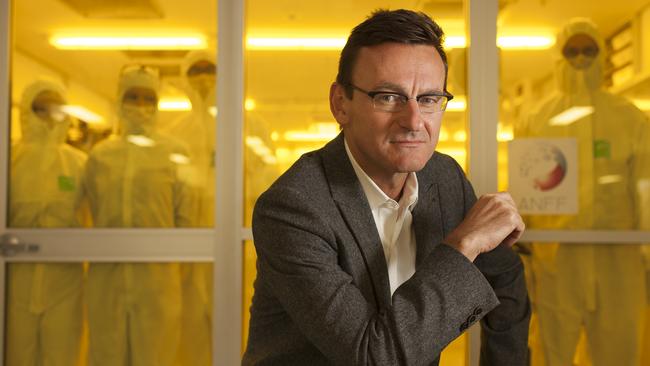
Australia’s national security could be at risk if the Albanese government invests only in Silicon Valley-based PsiQuantum and no other quantum computing technologies, heavy-hitters of the nation’s burgeoning industry warn.
Late last month, the Queensland and federal governments announced a $1bn taxpayer-funded contribution to US outfit PsiQuantum to build a yet-to-be-developed fault-tolerant quantum computer in Brisbane. The Palo Alto-headquartered firm boasts its technology – based on photons, or single particles of light – is the best way to build a commercial, useful quantum computer, which it estimates will be the size of a large warehouse. It has Australian-born co-founders.
But industry players are urging Australian governments to not bet on only the photonics model while quantum computing technology is still rapidly evolving.
Quantum Brilliance co-founder and chief scientific officer Marcus Doherty is also a lieutenant colonel and Army Reservist, who serves in the army’s Future Land Warfare branch and leads the execution of the army’s quantum technology road map.
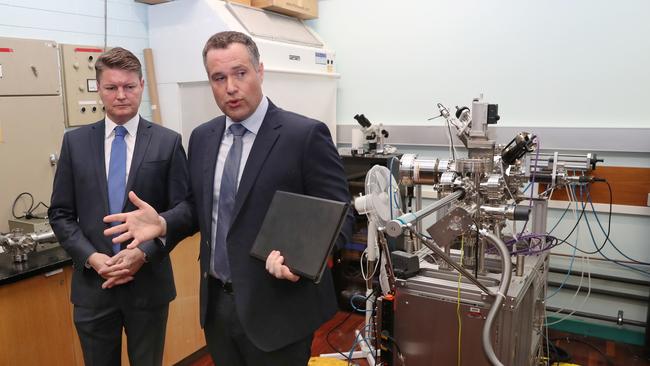
Speaking not as a Defence spokesman but in his role at Canberra-based Quantum Brilliance, Dr Doherty told The Australian Defence and other national agencies should pursue the quantum computing technology that best met their needs, “rather than concluding that the PsiQuantum deal is the only solution that government should adopt”.
“A lot of the potential defence applications of quantum computers will require computers which are mobile, so maybe installed in ships, or at the tactical edge – so out in vehicles or aeroplanes – or deeply integrated in highly protected defence infrastructure,” Dr Doherty said.
“Those sorts of use cases, none of which will be met by this current PsiQuantum facility. As a result, there needs to be a message delivered to Defence that this is not going to meet all your needs, please keep pursuing your needs in quantum computing.”
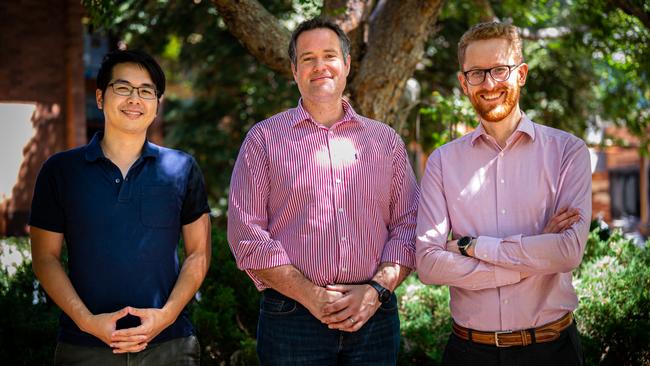
Quantum Brilliance has created a world-first room-temperature diamond-based quantum accelerator that has been already inserted into supercomputers.
Dr Doherty said Australia should follow the example of the UK, the US and Japan and develop a national quantum computing testbed, to integrate various hardware and software technologies from local suppliers to directly compare them.
“Having a testbed will also enable us to co-operate more closely effectively with our allies in quantum computing development, for example under AUKUS,” he said.
Andrew Dzurak, founder and CEO of Sydney-based Diraq – which believes it can develop the first quantum computer using silicon “quantum dot” technology and beat its competitors – said the government needed to deliver more “meaningful” investment in other quantum technologies.
Professor Dzurak said while he had high regard for the PsiQuantum team, there was always a risk the technology would not work and the $1bn taxpayer investment would not result in a fault-tolerant quantum computer.
“There is an arguable risk that it won’t,” Professor Dzurak said.
“And the further risk is if (the government) doesn’t (invest widely) then either those companies in Australia could fail, or they’ll move offshore, where there is more investment.
“My desire, as a proud Australian, is that we build this company up in Australia with an Australian headquarters. But it is a fact that the majority of our investment has been international funds, not Australian funds … and as anyone in the start-up world will tell you, if you have significant funds from, say, the US, then often they want to see headquarters in the US.”
Industry Minister Ed Husic said the government had developed Australia’s first-ever quantum strategy in 2022, and knew how important the technologies would be to economic and national security.
“We are investing in multiple quantum computing technologies, having provided continued backing for (former Australian of the Year Michelle Simmons’ company) Silicon Quantum Computing via last year’s budget and now PsiQuantum in this year’s budget,” Mr Husic said.
“These two investments are on top of our $1bn allocation for critical technologies in the National Reconstruction Fund, an investment announced during the 2022 election. We are covering all bases to ensure Australia can develop onshore its own fault tolerant quantum computer.”


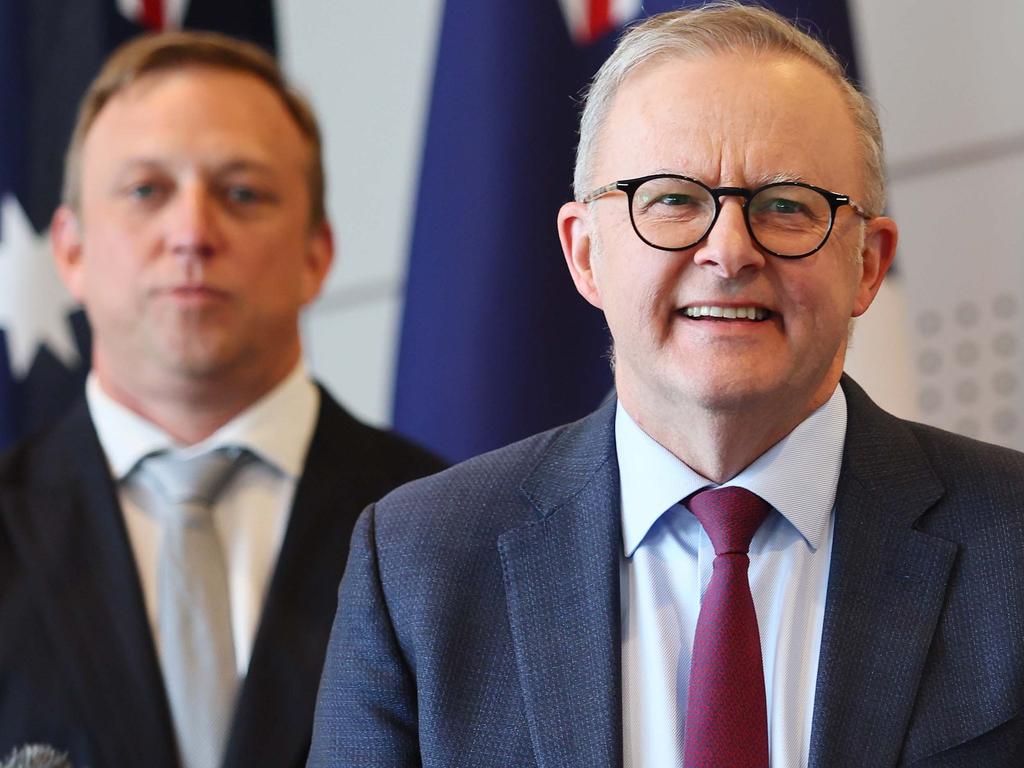
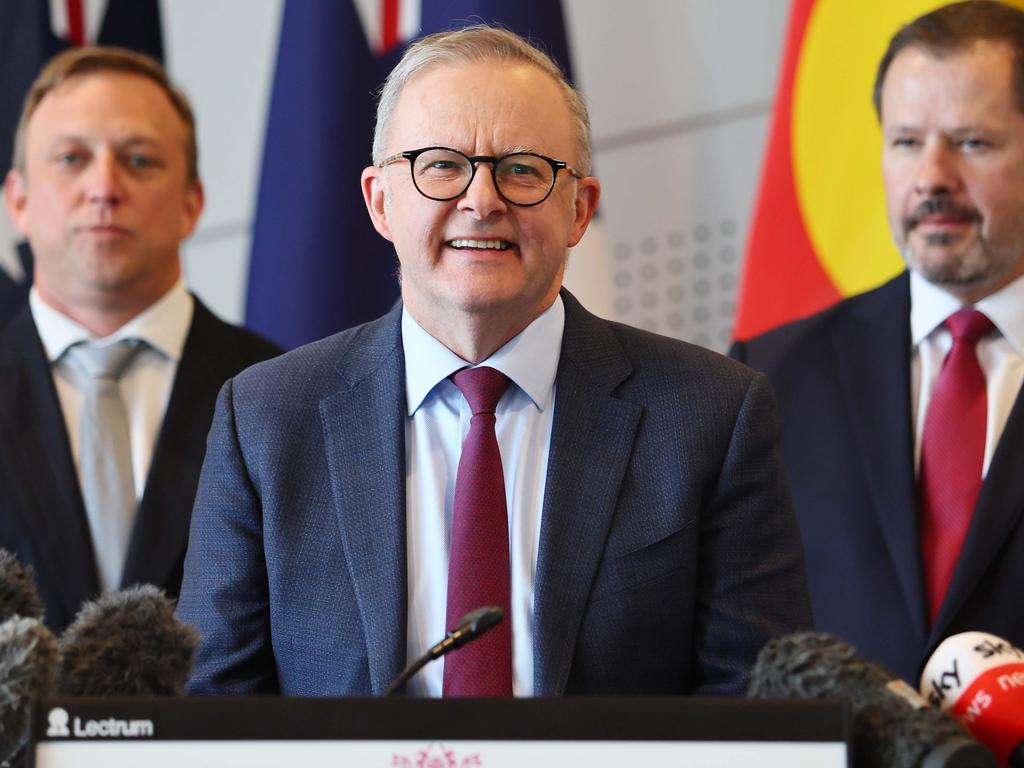
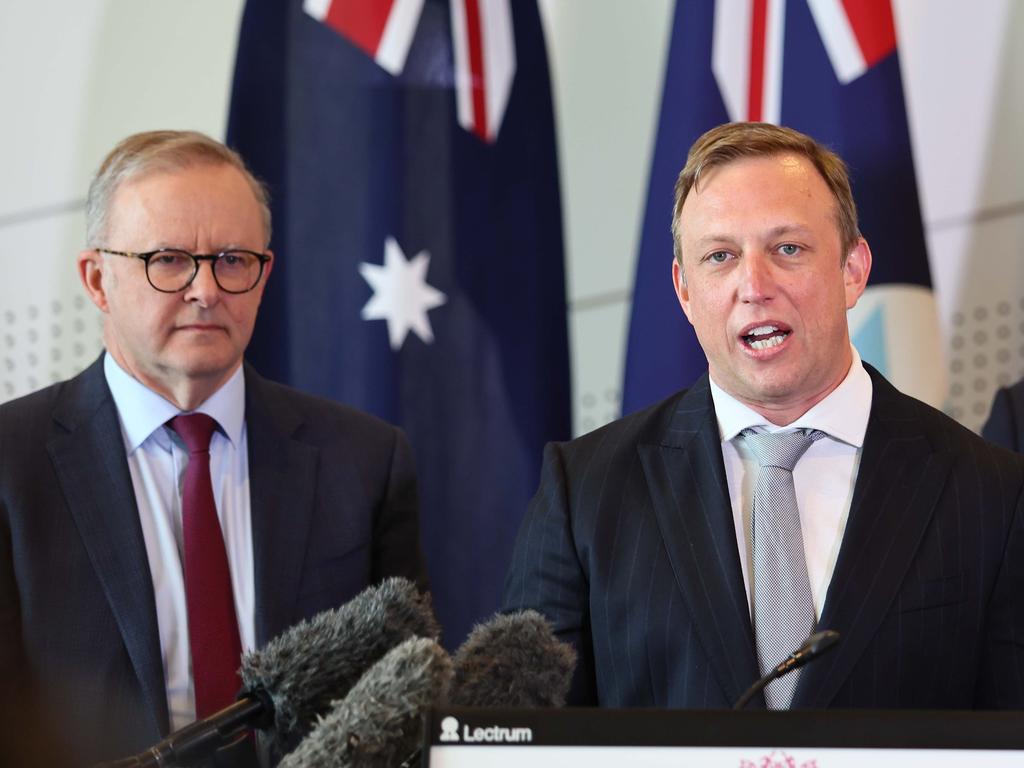
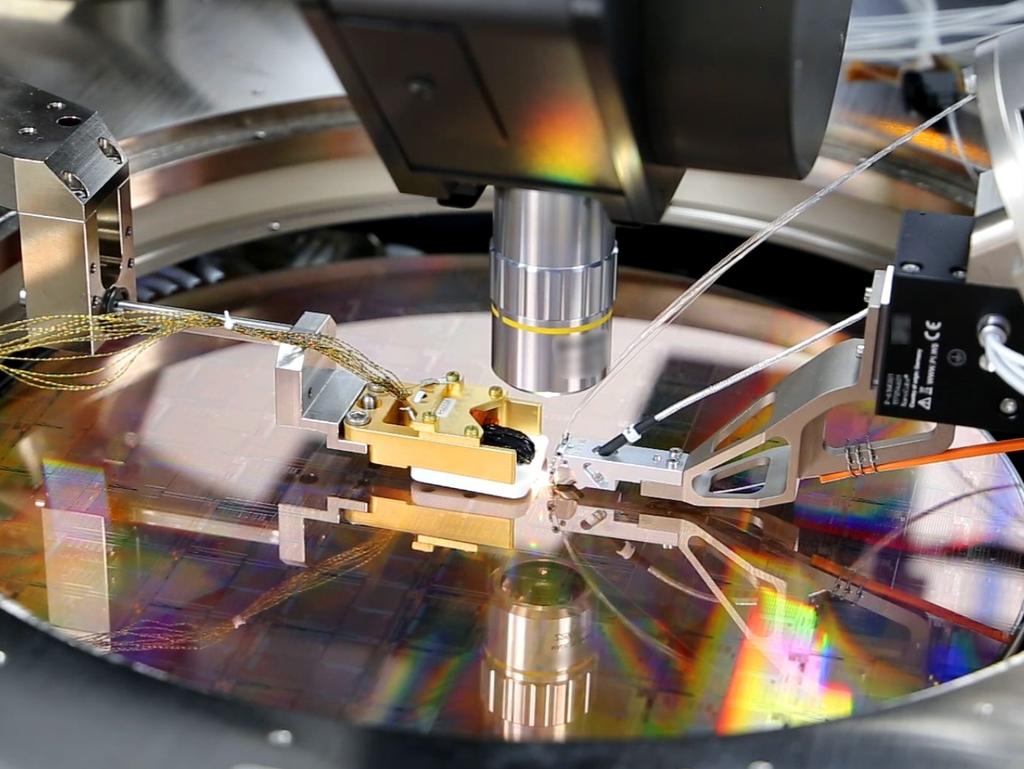


To join the conversation, please log in. Don't have an account? Register
Join the conversation, you are commenting as Logout